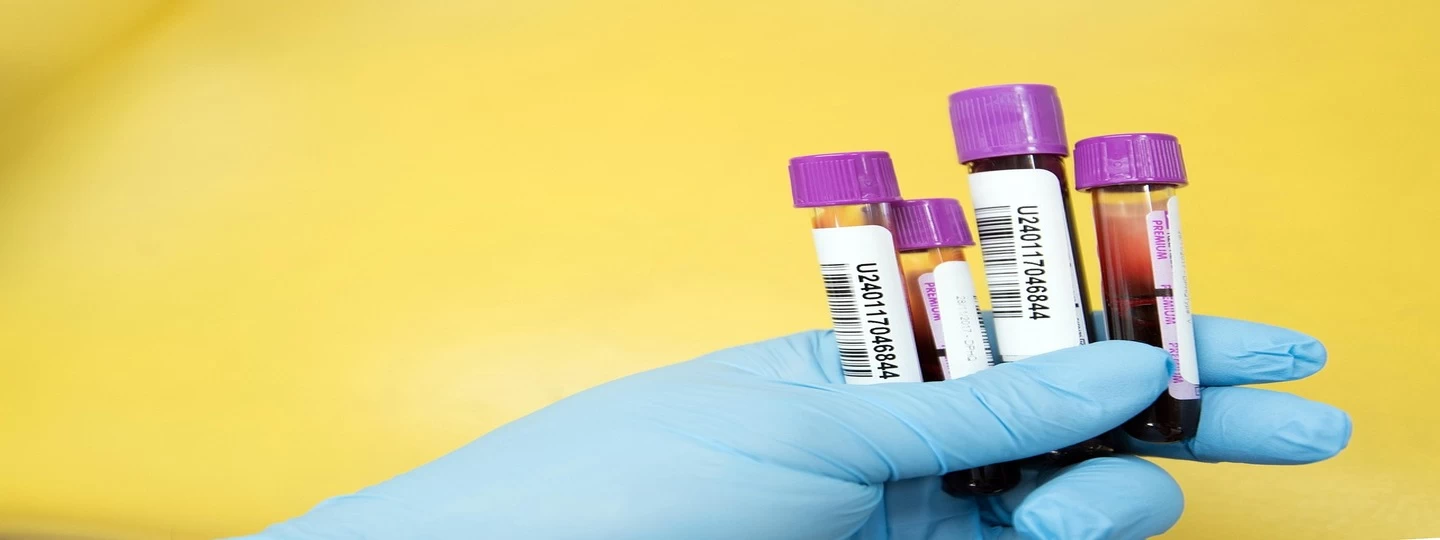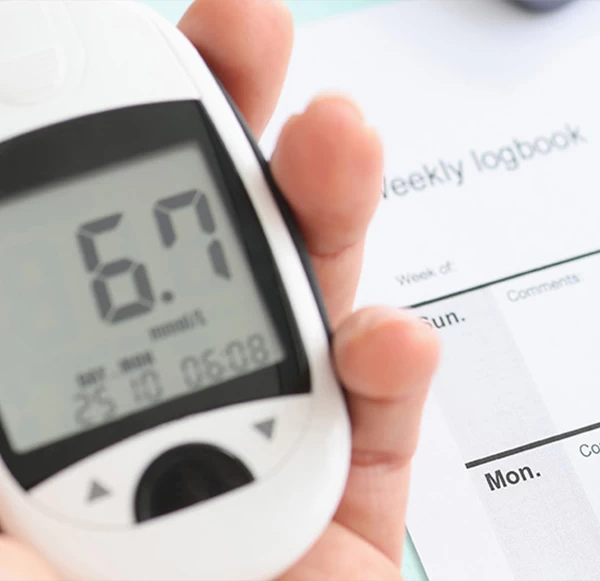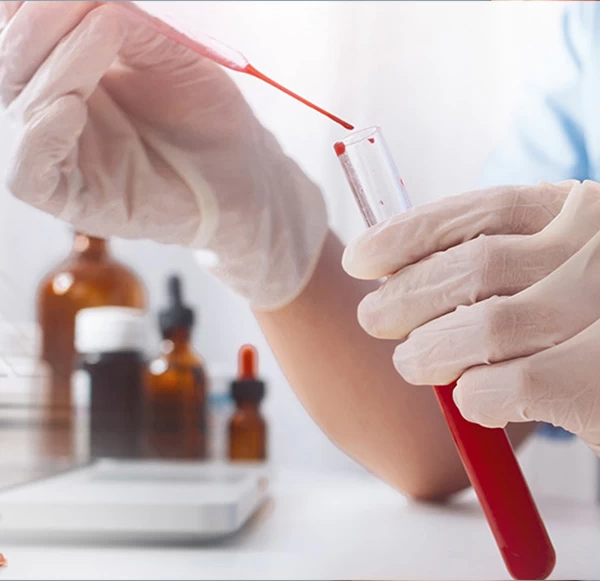- Email Us

Imagine waking up with
a high fever and aching joints after a mosquito bite during the monsoon. Could
it be chikungunya? As the rains descend, they not only refresh the earth but also create ideal
breeding conditions for mosquitoes. Among these pests, the Aedes mosquitoes
carry chikungunya, a viral infection that poses significant health risks. With
rising incidences and public awareness, chikungunya has emerged as a serious
health concern in India. This blog delves into the latest trends, symptoms,
prevention strategies, and treatment options for chikungunya testing in India.
What you
need to know about chikungunya?
Chikungunya (CHIKV) is a virus transmitted to humans via the bites of
mosquitoes, particularly the Aedes aegypti and Aedes albopictus species. A
person contracts chikungunya when bitten by a mosquito carrying the virus.
Although blood transmission may be a possibility, the virus cannot be
transferred from person to person by body contact or saliva.
According to a population-based,
cross-sectional study conducted in India, 18% of people had previously been
exposed to the chikungunya virus. The southern region had a higher
seroprevalence rate (43%) than the northeast (3%). A hospital-based study calculated
that 24% of cases of chikungunya fever were laboratory-confirmed.
There are
currently no specific medicines to treat chikungunya. The best way to prevent
chikungunya is to protect yourself by using mosquito repellents, wearing
long-sleeved clothing, and eliminating standing water to reduce mosquito
breeding.
Key symptoms to watch for Chikungunya:
Typically manifesting within 3
to 7 days post-infection, chikungunya symptoms commonly include:
· Fever
and joint pain
· Swelling
in joints
· Headache
· Rash
· Fatigue
· Nausea
· Muscle
pain
· Gastrointestinal
Signs
Uncovering the causes of Chikungunya:
· When
mosquitoes feed on an infected individual and subsequently bite that person,
they can spread the chikungunya virus to humans.
· During
the first few days of sickness, people infected with the chikungunya virus have
high enough quantities of the virus in their blood (viremia) to spread the
virus to mosquitoes.
· Due to
the high virus concentration in blood, it can spread by transfusion of blood,
managing contaminated blood in a lab, or taking a patient's blood who is
contaminated. Note that (the virus cannot be transferred from one person to
another or by contact, sneezing, or coughing).
Potential complications of Chikungunya:
Although rare, severe cases of chikungunya can lead
to serious complications, including:
· Inflammation
or myocarditis of the heart muscle
· Seizures
· Neurological
Imbalances
· Eye or
oral disease (retinitis, uveitis)
· Jaundice
caused by liver damage
· Acute
renal illness when kidneys get affected
· Neurological illnesses, such as
meningoencephalitis, Guillain Barre Syndrome, myelitis, or cranial nerve
palsies
· Severe
bullous lesions
Diagnosing Chikungunya: Accurate testing
options
Using the reverse transcription-polymerase chain reaction (RT-PCR)
molecular assay, chikungunya viral RNA can frequently be detected in serum
during the first eight days of illness. Antibodies to the chikungunya virus
typically form by the end of the first week of sickness. Therefore, patients
whose acute-phase samples test negative should have convalescent-phase samples
taken in order to firmly rule out the diagnosis.
IgG antibody, this test should be repeated in one to two weeks as it may
reveal the presence of anti-chikungunya antibodies. These tests are simple
molecular and serology tests, which rarely causes any health complications or
side effects.
For accurate and reliable
chikungunya testing, Mahajan Imaging & Labs is an ideal choice. With
state-of-the-art facilities and a team of experienced professionals, Mahajan
Imaging & Labs offers precise RT-PCR and IgG antibody testing for chikungunya,
ensuring timely and accurate diagnosis. Our
advanced diagnostic centers in Delhi-NCR use cutting-edge equipment to deliver
results within 1–2 days for RT-PCR and antibody tests, adhering to stringent
quality standards. Additionally,
our patient-centric approach ensures a comfortable testing experience with
minimal risk of complications, making us a preferred option for Delhi-NCR chikungunya
diagnostics.
Concerned about
chikungunya symptoms? Book your test today at Mahajan Imaging & Labs
through our website, WhatsApp +91 88828 97661, or call +91 11 4118 3838.
Key Takeaways
Chikungunya
remains a pressing concern during India's monsoon months. By staying informed
about the virus and implementing effective preventive measures, individuals can
protect themselves and their communities.
Don't let
chikungunya catch you off guard! Stay vigilant and proactive. Educate yourself
and others about the virus's symptoms and prevention strategies. If you have
any symptoms or believe you've been exposed, consult a healthcare provider
immediately.
Taking
these steps can significantly help to combat chikungunya outbreaks and promote
overall community health.
Frequently Asked Questions
1. Do I need to prepare for a
chikungunya test?
Ans: No special preparation is typically required for RT-PCR or antibody
tests. Details regarding the commencement of your symptoms and your past travel
to regions where chikungunya is endemic may be requested.
2. What
should I do if my chikungunya test is negative, but I still have symptoms?
Ans: It can be too early to identify the virus or antibodies if an
acute-phase test (RT-PCR or early IgM) yields a negative result. To confirm or
rule out chikungunya, a convalescent-phase blood sample should be obtained 1-2
weeks later and analyzed for IgG antibodies. It is essential to consult with
your health care provider under such circumstances.
3. Where can I get tested for chikungunya?
Ans: Chikungunya tests are
available at diagnostic laboratories, and specialized clinics. Facilities like
Mahajan Imaging & Labs, equipped with advanced molecular and serology
testing capabilities, are ideal for accurate and reliable results.
4. How
can I book a test at Mahajan Imaging & Labs?
Ans: You can book your test with us through our website,
WhatsApp, or by calling our customer care. For quick and easy booking, you can
chat with us on WhatsApp
at +91 88828 97661 or speak directly to our support team at +91 11 4118
3838. We offer both in-centre testing and home sample
collection, ensuring flexibility and convenience based on your preference.




